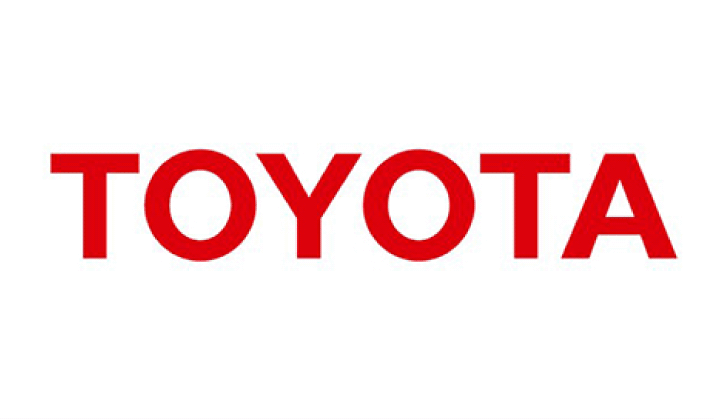✅ 1. Operating Profit Forecast: ¥3.8 Trillion
- A ¥400 billion boost from the removal of one-time costs related to Hino Motors.
- A ¥745 billion loss due to exchange rate fluctuations.
- Additional impact from raw material prices and U.S. tariffs.
- Strategic investment to increase by ¥470 billion, focusing on sustainable growth and transformation into a mobility company.
✅ 2. A Shift in Profit Structure
- Toyota strengthened its financial foundation post-Lehman crisis, reducing the breakeven volume.
- Operating leverage significantly improved, with contribution margins rising 1.6x.
- Value chain businesses (parts, finance, etc.) showed consistent growth, forecast to exceed ¥2 trillion this year.
✅ 3. Transformation into a Mobility Company
- Expanding the GR brand and connected technologies to diversify revenue streams.
- Accelerating the development of Software-Defined Vehicles (SDVs).
- Collaborating with NTT and others to build next-gen data platforms and AI-driven services.
✅ 4. ROE & Shareholder Returns
- ROE has remained stable at over 10%.
- Annual dividends: ¥90 in FY2025, with a forecast of ¥95 in FY2026.
- Flexible share buyback policy will be maintained depending on market conditions.
✅ 5. Response to U.S. Tariffs
- ¥180 billion in projected short-term impact from April–May tariffs.
- Approximately 500,000 vehicles exported annually to the U.S.
- Short-term: export adjustments; Mid-to-long term: local development and production.
- Toyota emphasizes a “steady, consistent approach” with no overreaction.
✅ 6. Commitment to Domestic Production (3 Million Units)
- Toyota remains committed to its 3-million-unit domestic production target.
- Initiatives like “strengthening the foundation” are improving productivity and operational stability.
- Focus on developing vehicles that resonate with Japanese consumers.
✅ 7. Electrification Strategy (Multi-Pathway)
- BEV sales expected to more than double YoY (to 310,000 units).
- Hybrid vehicles remain central to near-term carbon reduction.
- Pursuing a balanced strategy across BEV, PHEV, hydrogen, and biofuels.
- Commercial vehicles prioritized for hydrogen deployment.
✅ 8. Regional Strategies
- North America: Production recovery and backlog fulfillment support increased sales forecast.
- China: Focus on urban centers, enhanced local development and branding efforts.
- Emphasis on localized “best-in-town” vehicle development for each region.
✅ 9. Passion for Exciting Vehicles
- Toyota remains committed to making cars that “spark joy,” not just meet specs.
- The company plans to continue developing emotionally engaging models—sports cars included.

